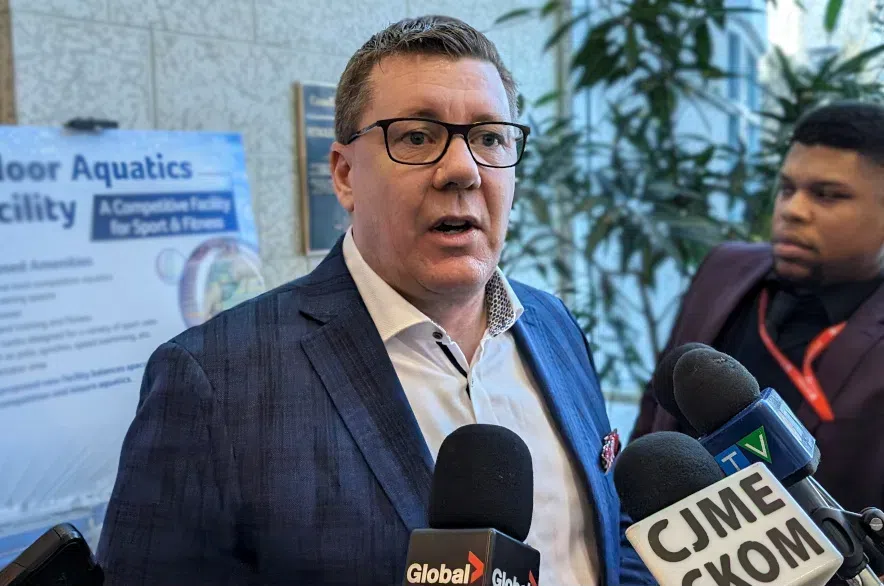Negotiations between the provincial government and the Saskatchewan Teachers’ Federation resume this week, but it could be some time before the contract dispute is settled.
A political science professor believes the long-running dispute could have a negative impact on the governing Saskatchewan Party as the fall election looms. The next provincial election must be held on or before October 28.
Daniel Westlake, a political science professor at the University of Saskatchewan, joined The Evan Bray Show on Tuesday to share his thoughts on the political impacts of the dispute. He said the dispute is likely going to be top-of-mind for many voters.
“Incumbent governments tend to get punished when things like this happen,” explained Westlake.
Listen to the full interview with Daniel Westlake here:
“(When) you have a downturn in the economy, or a teachers’ strike, or anything that is very tangible for individuals that affects them in their daily lives, people are going to notice that.”
Westlake said there is likely going to be some blame directed towards the Sask. Party at the ballot box, which could spell problems for Premier Scott Moe and his caucus.
The political science professor said there would be a lot of benefits for both sides if a deal is reached sooner rather than later.
“The tricky part for the Sask. Party is that the demands the teachers have made are reasonable,” said Westlake.
“They want classroom complexity and class sizes dealt with, but they’re demands that end up costing money.”
Westlake said the government has its own fiscal priorities, and spending more on education beyond the increases included in the recent budget could hamper other goals or lead to a tax hike.
“On one hand, yeah, the Sask. Party probably wants this issue dealt with,” said Westlake. “On the other hand, there may be some costs to some of the other priorities they have to deal with.”
The public has had front-row seats during the dispute, with both the government and teachers’ federation releasing statements and videos on social media outlining their positions. Westlake said he isn’t shocked to see that happening.
“If you’re in the teachers’ union, you want to make sure that you get the demands that they’ve made out, (explaining) that this isn’t just about teacher salaries,” said Westlake.
“On the government side, you want to be clear about why they can’t easily address those kinds of concerns.”
Westlake said the government may not want to include stipulations on class size and classroom complexity in the new contract because it could lead to unforeseen costs.
“To put something like classroom size in the collective bargaining agreement, that means they are spending more on education,” said Westlake.
“That may be something the government doesn’t want to commit to at this point.”
Meanwhile, teachers are voting this week on whether to give the union’s executive a mandate to implement more sanctions after the current school year if a deal isn’t reached.











